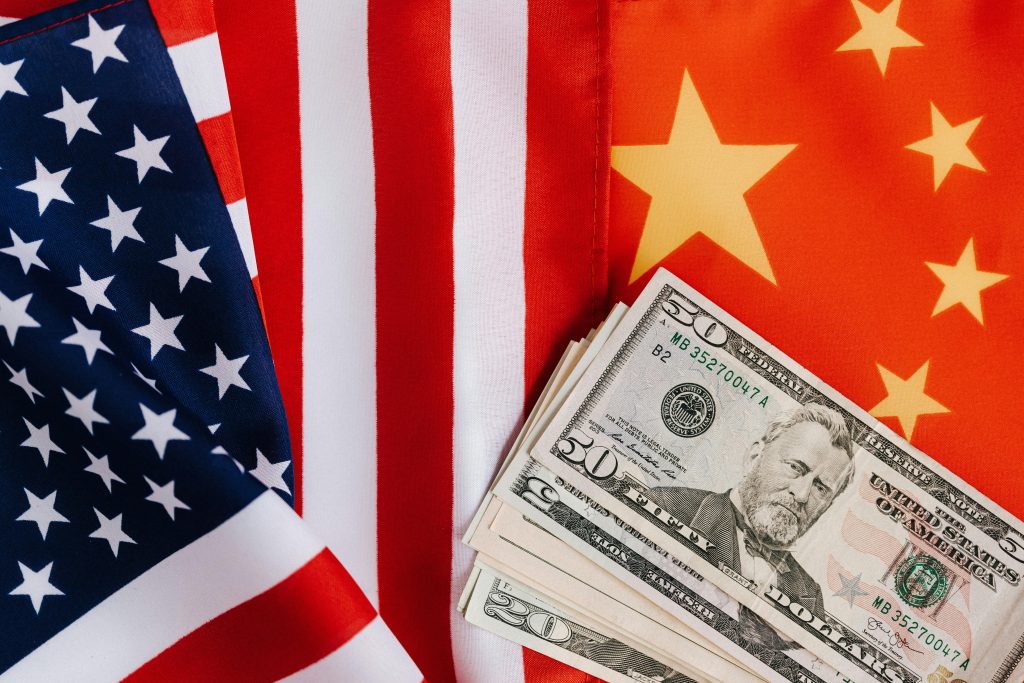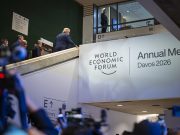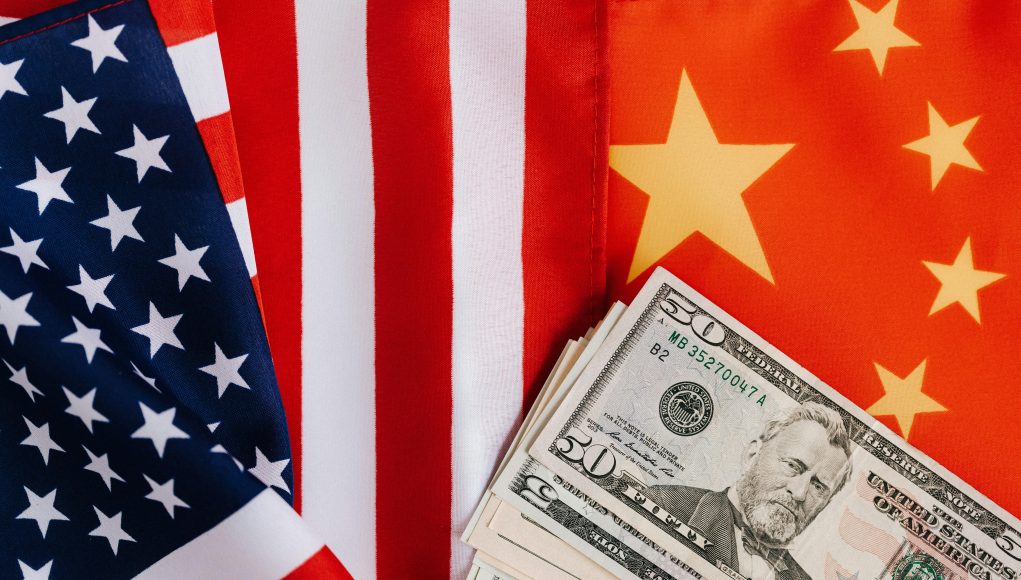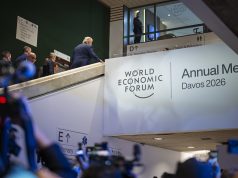
(Singapore, 03.11.2025)The United States has signaled it could reimpose or raise tariffs on China if Beijing fails to follow through on its latest pledge to ease restrictions on rare earth exports, Treasury Secretary Scott Bessent warned on Sunday.
Speaking on Fox News, Bessent said Washington welcomed China’s decision to suspend for one year the export curbs on rare earth materials and related technologies, but cautioned that the US would remain vigilant.
“The Chinese have cornered the market on rare earths and, unfortunately, at times, they proved to be unreliable partners,” he said. “If they backtrack, we could threaten the tariffs again. We’re prepared to use maximum leverage.”
China Eases Rare Earth Controls Amid US Talks
China announced last week that it would temporarily lift some of its rare earth export restrictions and terminate investigations into several US semiconductor companies. The move follows high-level talks between President Donald Trump and President Xi Jinping in South Korea — their first in-person meeting during Trump’s second term.
According to a White House statement released Saturday, China will issue general export licenses covering rare earths such as gallium, germanium, antimony, and graphite, effectively suspending the tighter export rules imposed in April 2025 and October 2022. These materials are critical to industries ranging from electric vehicles and defense to consumer electronics.
In exchange, the US will pause the implementation of new tariffs and extend certain tariff exemptions until November 2026. Washington will also reduce some existing tariffs on Chinese goods by 10%.
“This agreement represents a temporary stabilization of US-China trade relations,” said one US official, noting that Beijing’s move to relax rare earth controls could help alleviate supply concerns in Western industries.
As part of the same agreement, Beijing will end antitrust and anti-dumping investigations targeting American chipmakers such as Nvidia Corp. and Qualcomm Inc., which had been under scrutiny since early this year. The move was seen as a goodwill gesture to defuse tensions in the global semiconductor supply chain.
The White House also confirmed that China will allow Dutch chipmaker Nexperia BV to resume exports from its Chinese facilities, addressing fears that supply disruptions could spill over into global auto production.
The rare earth and chip concessions come as both sides seek to prevent further escalation in their trade and technology rivalry, which has rattled financial markets and global manufacturing networks.
Fentanyl, Agriculture, and Energy Cooperation
The trade framework extends beyond rare earths. It includes a deal to halve the US’s fentanyl-related tariffs from 20% to 10%, contingent on China’s continued cooperation in curbing the export of the deadly synthetic opioid and its precursor chemicals.
In return, Beijing will resume large-scale purchases of American agricultural products, including 12 million metric tons of soybeans this season and at least 25 million tons annually over the next three years.
Trump also said he would consider removing all fentanyl-related tariffs if China “keeps cracking down on exports of the drug.” Speaking aboard Air Force One on Friday, he told reporters, “As soon as we see that, we’ll get rid of the other 10%.”
The two sides also agreed to increase energy cooperation, with China committing to buy oil and gas from Alaska — part of a broader effort to rebalance trade flows and strengthen ties in the energy sector.
A Fragile Truce
While the agreement has eased tensions for now, analysts caution that the truce could be short-lived. Most of the measures — including the suspension of rare earth export controls — are temporary and will last for just one year.
“The deal buys time but doesn’t resolve the deeper structural issues,” said an analyst from the Peterson Institute for International Economics. “It’s more of a ceasefire than a peace treaty.”
Indeed, the broader disagreements over technology access, Taiwan, and global geopolitical alignments remain unresolved.
Bessent: ‘We’re De-Risking, Not Decoupling’
Bessent emphasized that Washington’s goal is not to sever economic ties with China but to “de-risk” critical supply chains. “We don’t want to decouple with China, but we’re going to have to de-risk,” he said, adding that the US and its allies have begun diversifying sources of rare earth processing to reduce dependence on Beijing.
The Treasury Secretary also criticized previous administrations for allowing China to dominate the rare earth industry. “Past governments were asleep at the switch while China spent years building this monopoly,” Bessent said. “Now, we’re going at warp speed to fix it — and get out from under this sword that China holds over the world.”
China’s Response
In a statement released Sunday, the Chinese Embassy in Washington said Beijing “stands ready to work with the US” to build on the leaders’ consensus and “shorten the list of problems while lengthening the list of cooperation through dialogue and consultation.”
Beijing’s decision to suspend rare earth curbs and end chip probes was widely viewed as a strategic step to reduce friction and buy time as both economies grapple with slowing growth and global uncertainty.
For now, markets appear to welcome the de-escalation. But investors remain cautious about the durability of the deal, given the history of reversals in US-China trade relations.
As Bessent put it, “We hope they’ll be more reliable partners this time.”
Still, the underlying message from Washington is clear: If China fails to deliver, tariffs will be back on the table.





































